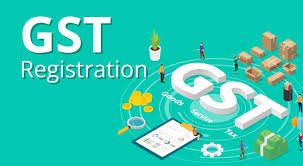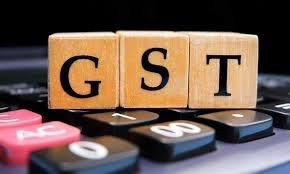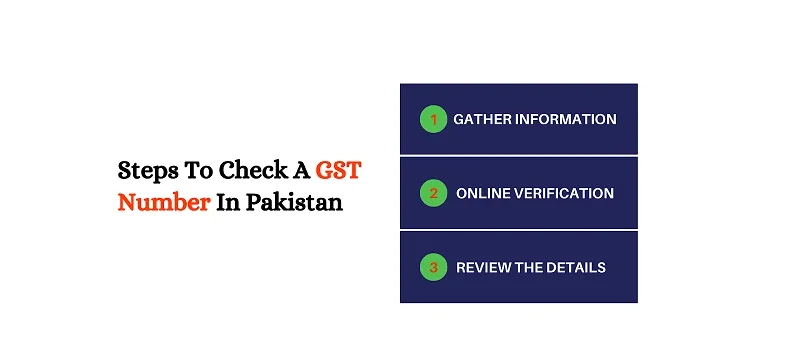How To Calculate Service Tax On Flat ?

Paying the service tax on your flat is not just another bill; it’s an essential aspect of homeownership. Think of service tax as a contribution to the government for the essential services like street cleaning and waste management that keep your living environment pleasant. Ensuring your service tax is calculated correctly helps you contribute fairly to these benefits without overpaying, much like making sure you get the right change back from a purchase.
To figure out your service tax, you’ll need to consider aspects such as the size of your flat and the government-assigned valuation. It’s similar to figuring out a tip in a restaurant—based on the value of your flat.
Accurately determining your service tax is about more than just compliance; it’s about participating in community upkeep. At TaxConsultancy, we strive to make tax matters as straightforward as enjoying a cup of tea. Let’s tackle these complexities together to make sure your finances are in perfect order.
Step-by-Step Guide: Computing Service Tax on Your Flat
Calculating the service tax on your flat involves understanding the government’s current tax rate and applying it to the components of your flat’s cost that are subject to this tax. Here’s a simple breakdown of how to do it:
1. Determine Your Flat’s Total Cost
First, calculate the total cost of your flat. This includes more than just the listed price:
- Basic Cost: The price of the flat itself.
- Stamp Duty: The tax for the legal document proving ownership.
- Registration Charges: The fee for officially registering the flat in your name.
2. Find the Service Tax Rate
Check the current service tax rate for flats, which is typically set by the government. As of now, it’s 15%. Think of this as a percentage of your flat’s cost that you owe to the government.
3. Calculate the Service Tax
To calculate what you owe, use the following formula:
Service Tax Payable = Service Tax Rate × Total Cost of the Flat
Example Calculation:
Suppose your flat’s total cost is Rs. 10,000,000. Here’s how to compute the service tax:
- Service Tax Rate: 15%
- Total Cost of the Flat: Rs. 10,000,000
- Service Tax Payable: 15% × Rs. 10,000,000 = Rs. 1,500,000
4. Important Considerations
When is Service Tax Due?
Service tax is applicable only to under-construction flats. If you are buying a fully completed flat, there is no service tax.
Who Pays the Service Tax?
As the buyer, you are responsible for paying the service tax. Ensure this is factored into your budget.
Payment Deadline
After signing the sale agreement, you have 30 days to pay the service tax. Timely payment helps you avoid late fees.
Review Your Agreement
Check your sale agreement for details about service tax obligations. Consulting a tax expert to review this document can be beneficial.
5. Consult a Tax Professional
If you’re unsure about any part of the computation or the process, consult a tax advisor. They can provide precise guidance and help you navigate any complexities.
6. Keep Your Documents Organized
Maintain all relevant documents handy for a smooth payment process.
Consequences of Not Paying Service Tax on a Flat
Failure to pay service tax on time can lead to several issues:
- Late Fees: Additional charges for missing the deadline.
- Interest: Accrued interest increases the total amount due.
- Penalties: Non-payment can result in significant penalties.
- Legal Issues: Prolonged non-payment can lead to legal actions.
- Credit Score Impact: Your credit score may drop if flagged for non-payment.
- Property Lien: Authorities may place a lien on your property until the tax is paid.
- Blocked Transactions: Selling or transferring the flat could be halted.
- Stress and Worry: Unpaid taxes can cause ongoing stress and anxiety.
Summary
Calculating the service tax on a flat is straightforward if you follow these steps:
- Sum up the total cost of your flat.
- Apply the current service tax rate.
- Multiply to find the amount payable.
Remember, service tax applies to under-construction flats and is the buyer’s responsibility. Paying on time keeps the process hassle-free. For any uncertainties, a tax consultant can provide clarity and help ensure you’re on the right track. Stay informed and proactive to navigate the service tax landscape effectively.
Frequently Asked Questions about Service Tax on Flats
Q1: Is service tax applicable to all types of flats?
Ans: No, service tax is only applicable to flats that are still under construction. Flats that are fully completed and ready for occupancy are exempt from this tax.
Q2: Who is responsible for paying the service tax?
Ans: The responsibility of paying the service tax falls on the buyer of the flat, not the seller.
Q3: How soon should I pay the service tax after signing the sale agreement?
Ans: You should pay the service tax within 30 days of signing the sale agreement to avoid late payment penalties.
Q4: Can the service tax rate change?
Ans: Yes, the service tax rate can change according to government policies. Always check the current rate when calculating your service tax to ensure accuracy.
Q5: Where can I get help with calculating and paying my service tax?
Ans: You can seek assistance from professional tax consultancy firms. They provide guidance and help ensure your service tax is calculated and paid correctly, offering you peace of mind and compliance assurance.






